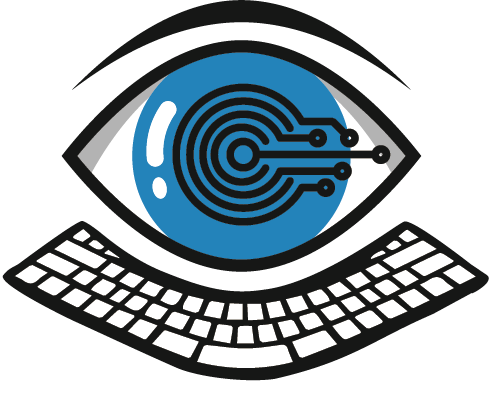
10 Essential Cybersecurity Tips Every Small Business Should Follow in 2025
Share
Cybersecurity has become less optional and high more important in this rapidly changing digital landscape. More than ever, cybercriminals are aiming at small businesses, and the damages can be catastrophic.
New statistics for cyber attacks on small businesses reveal that aproximatily 43% of cyberattacks are aimed at US small businesses, but only 14% are ready to retaliate. Whether you are a corporate business or a consulting firm protecting your customer data or your internal systems and digital assets is of utmost importance.
Lifetime Computers focuses on small business cybersecurity consulting to help brands protect what they care about most. Now, here is your ultimate checklist, so that you can stay safe in 2025.
1. Put Your Team Through Cybersecurity Awareness Training
The largest threat still comes from human error. Conduct training sessions for your employees; training on detection of phishing emails, creating strong and complex passwords, handling of sensitive information in a more secure manner, etc.
Pro Tip: Include cybersecurity training as a part of your onboarding as well as offer quarterly refreshers.
2. Employ Complex Passwords and Activate Multi-Factor Authentication (MFA)
Password cracking is a known entry point on all cheap accounts. Use a long password (at least 16 digits) and always have MFA turned on — the only exceptions are email, banking and admin panels!
When possible, use a password manager that your team can access securely!
3: Back Up Often (and Test Your Backups!)
Backups are your safety net. Daily backups: ensure your website, customer data and internal systems are backed up daily (and that you regularly test the backups to ensure they work).
4. It is essential to ensure that software and systems remain up to date
Obsolete software is always what cybercriminals look for. Enable auto-updates if applicable and treat patch management as a top priority.
Monthly reminder to check all the devices and platforms manually for updates.
5. Secure Your Wi-Fi and Network
Connect to encrypted Wi-Fi (WPA3 if possible), keep strong passwords on the router and hide the name of your network from the public.
NEVER give guests or clients onto your main business network.
6. Install the Firewalls and the Antivirus Protection
Hardware firewalls and software firewalls are essential tools no small business should be without. Also, buy an enterprise antivirus solution.
If you want the best cyber security for your small business, Opt for a comprehensive threat detection and automatic alert system.
7. Create a Cybersecurity Policy
Establish a well defined rules and procedures It should outline what is considered acceptable use, password requirements, access levels, and how to report violations of this policy.
In the event of audits or even an insurance claim, it also helps.
8. Monitor System Traffic for Suspicious Activity
Use tools for security monitoring or managed cybersecurity services to monitor network activity. Anticipation assists with averting genuine penetrates.
If your situation requires real-time anomaly detection, then explore AI-based tools.
9. Encrypt Sensitive Data
Always encrypt sensitive data (such as payment card information and customer emails) while in transit and at rest.
In case you have customer data, encryption is a must not an option.
10. Seek the Advice of a Cybersecurity Professional
A strong partner makes for the best defence. The cybersecurity tips for small businesses can help you understand your risk, find gaps and develop a scalable security strategy.
We use our services at Lifetime Computers to protect your small business, If you need audits down to full-service protection, we have your back.
Cyber Attacks on Small Businesses Statistics (2025)
Small businesses are the target of 43% of all cyberattacks.
2 out of 3 SMBs fold after 6 months of a significant cyber incidence.
Only 14% are highly effective in practicing their cyber defense.
The average cost of a small business breach = $120,000+.
Frequently Asked Questions (FAQs):
Q1: Why are small businesses often targets of a cyber attack?
Small businesses are viewed by hackers as low-hanging fruit because they are often less protected, though they always hold something of value, such as payment information, login credentials, or customer information.
Q2: How can a small business with a tight budget secure the computer systems or devices they have?
The routine security works — firewalls, antivirus, password protocols, backups and training staff. After which, you can scale with a cybersecurity partner when your business reaches a moderate size.
Q3: How frequently do I need to update my cybersecurity plan?
No less than every 6 months—or following any security incident, major software change, or key personnel change.
Q4: What does small business cybersecurity consulting entail?
This covers cyber security risk assessment, security planning, employee education, threat detection, system hardening, and incident response strategy development, etc.
Final Thoughts
Cyberattacks are getting more advanced—but so too is your protection. Implementing these Cybersecurity Tips for Small Businesses not only protects your assets – it also helps you gaining the trust of your customers and partners.
Want to boost your digital security for your business?
See all of our small business cybersecurity services or schedule a free consultation now!
